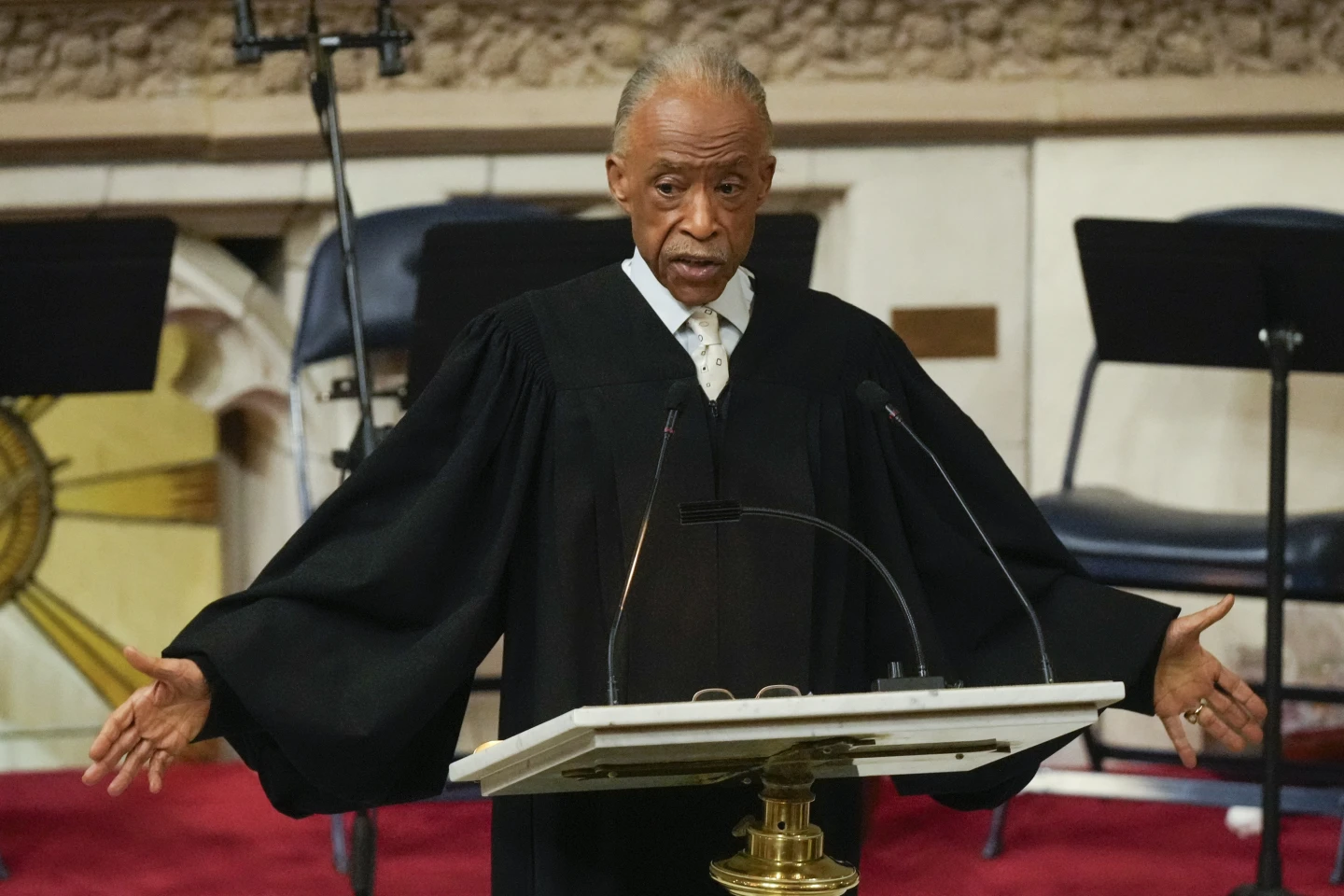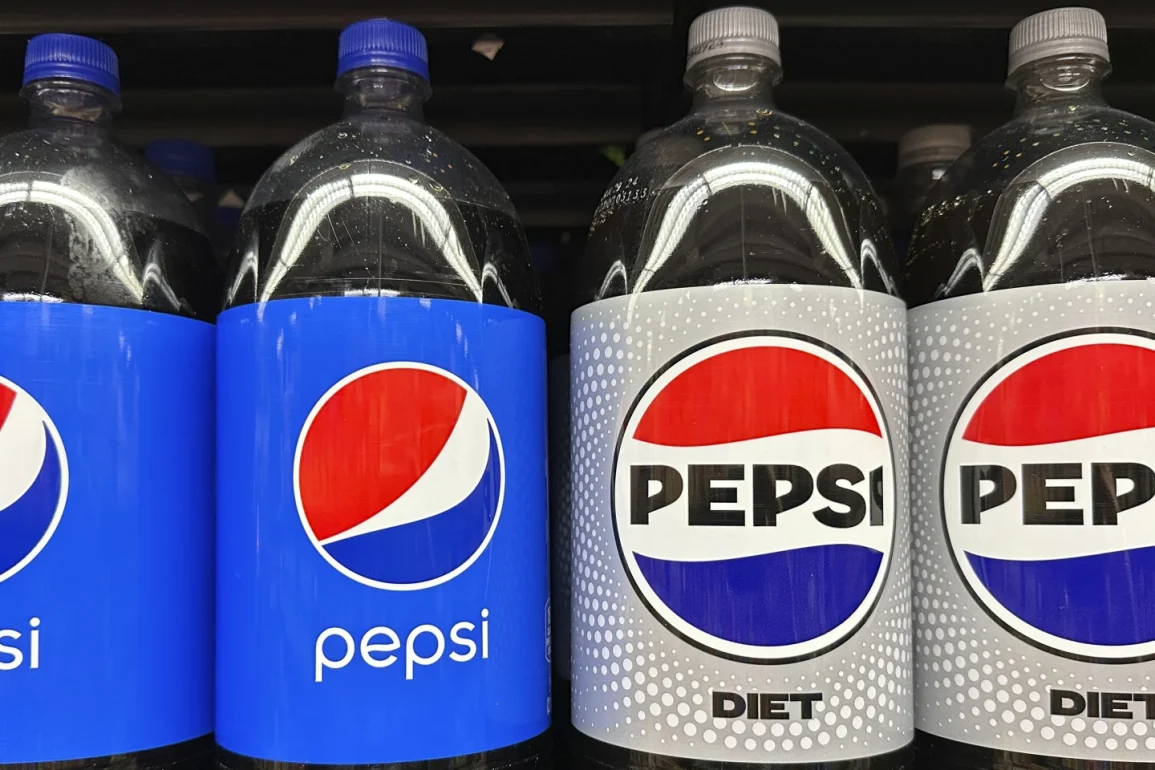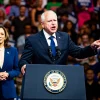Rev. Al Sharpton is giving PepsiCo three weeks to meet with him or face a boycott. He wants to talk about the company’s recent decision to end its diversity, equity, and inclusion programs. This message was shared in a letter given to The Associated Press.
On Friday, Sharpton sent a letter to PepsiCo CEO Ramon Laguarta, saying he was very disappointed that the company would stop supporting inclusion efforts that helped build its reputation and earn the trust of many customers.
“You have walked away from equity,” Sharpton wrote. He said that removing goals for hiring and keeping diverse employees, and ending work with minority groups, shows the company is giving in to political pressure instead of doing what is right.
Sharpton is the founder and president of the National Action Network. In January, he said the civil rights group would choose two companies in the next 90 days to boycott if they stopped following through on their DEI promises.
A spokesperson for PepsiCo said the company had not received the letter, so they could not comment.
PepsiCo is one of the biggest food and drink companies in North America. Some of its well-known brands include Gatorade, Lay’s, Doritos, Mountain Dew, and Pepsi.
In February, Laguarta told employees in a memo that the company would no longer set goals for how many people from minority groups are in management or among its suppliers.
Since Donald Trump returned to the White House earlier this year, government offices, companies, and schools have been rethinking their DEI programs. These efforts were meant to support more diversity in their workforces and reduce discrimination against minority groups, women, and LGBTQ+ people.
Trump ended DEI programs in the federal government and told schools they must do the same or risk losing federal funding. Big stores like Walmart and Target have stopped their DEI programs since Trump took office.

After years of fighting for equal rights, laws and orders were passed in the 1960s to support diversity in the workplace. In the 1970s, these laws led to affirmative action, employee resource groups, and diversity training. This helped more women and minority groups get hired.
By the 1980s, research showed that companies with more inclusive workplaces could do better in business. The focus shifted from just following rules to “creating an environment where everybody feels that they can achieve their highest goal,” said Mary-Frances Winters, an author and expert on diversity and workplace development.
“This was really about looking at changing demographics, looking at who was coming into the workforce and also looking at how people with different backgrounds can lead to greater innovation,” Winters said.
Research kept showing that workplace diversity was important for business success. Some companies began requiring their leaders to understand different cultures. Sharpton said that PepsiCo was one of those companies.
He wrote that in the 1940s and 1950s, PepsiCo hired some of the first Black sales and marketing leaders in corporate America. By the 1980s, the company’s policies led to the creation of advisory boards focused on Black consumers.
“You did this not because it was easy — but because it was right,” Sharpton wrote. “That legacy is now in jeopardy.”
In the early 2000s, Sharpton was part of PepsiCo’s African American advisory board.
PepsiCo said in February that it would cut back on its inclusion programs. At the same time, Coca-Cola said it would keep supporting its DEI efforts. In its yearly report, the company based in Atlanta said that failing to hire a workforce that reflects its wide range of customers could hurt its business.
“Failure to maintain a corporate culture that fosters innovation, collaboration and inclusion … could disrupt our operations and adversely affect our business and our future success,” the company said.


